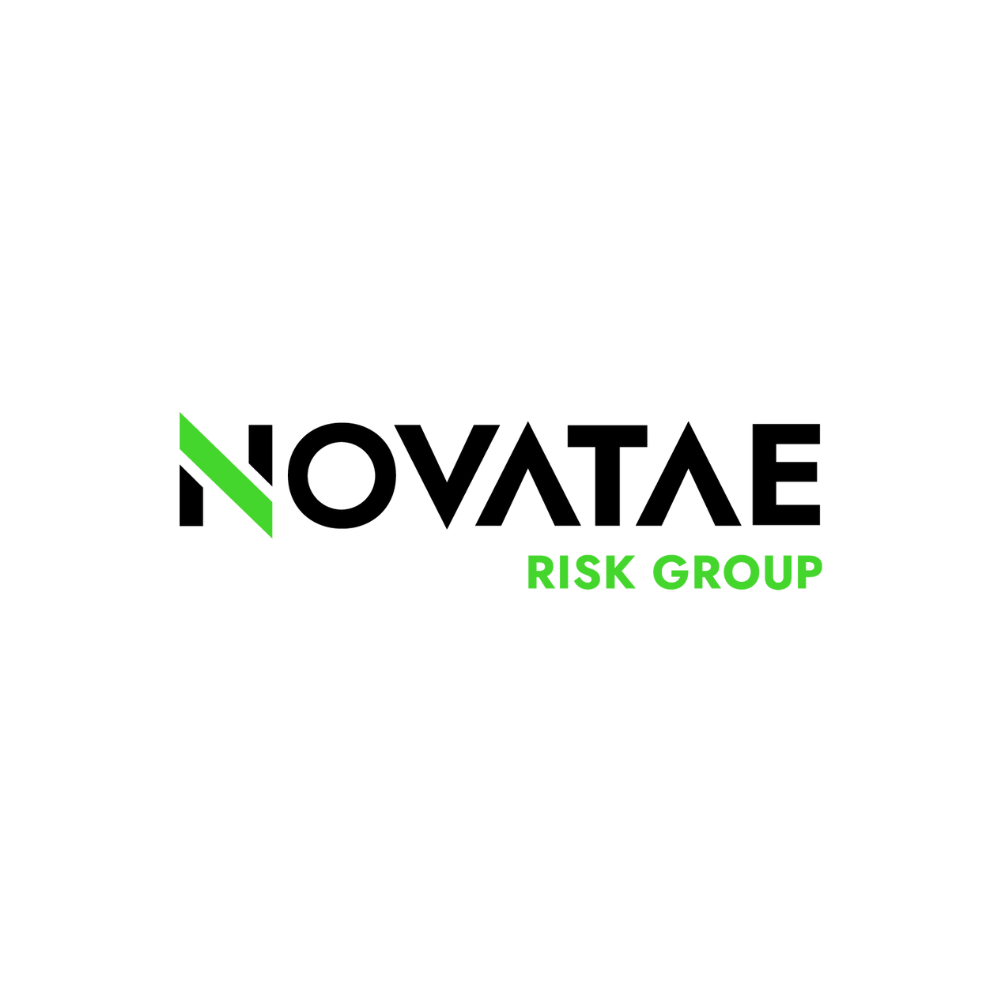By Tom O’Neil, Vice President, Solutions Consulting
Agents and brokers are accustomed to a changing industry and the need to adapt their operations and services to new products, distribution models, and buying behavior. In the current environment where markets have hardened, carriers are limiting partners to streamline distribution channels, and traditional revenue models are changing or eroding, entrepreneurial agents are seeking ways to expand their role to strengthen their position in the market and enable new revenue sources. Some are accomplishing this by enhancing their expertise, identifying market opportunities, and crossing the traditional retail, wholesale, and MGA/Program Manager boundaries. With this hybrid role comes a need for adaptable technology that flexes to support the varying workflows and data requirements for each channel.
An example might be an agency that has become successful in writing coverage for franchised sandwich shops. As they’ve built their expertise with this segment, their reputation with the franchisor has grown, which could lead to an endorsement and joint marketing arrangement with the franchisor. From there, the agent could create a branded portal for the franchisor’s network where submissions are created, customer service is streamlined, and their footprint in this franchise network grows. To support the partnership, the agent needs a technology platform that supports identifying accounts that are part of a program, unique branding, and a portal experience specific to the franchise sandwich program.
As the sandwich shop program grows and its success is recognized, the agent might target a pizza shop or similar franchise network and build a similar program. Again, the technology platform must support the identification of the new program, different branding, and a different application workflow.
Success breeds success, and the agent might leverage their expertise and growing reputation to attract business from other agents who do not have familiarity with the needs of franchise businesses or available markets. The agent’s role could evolve to support wholesale brokerage, focusing on the franchise segment while maintaining their growing retail operation.
At this point in their evolution, they are at an inflection point from a technology perspective. Many of the same functions are needed by the agency as they transition into the wholesale brokerage role. But, depending on the scenario, some functions need to behave differently. They still need a CRM as they still have clients, but as a wholesaler, clients would be retail agents and brokers instead of the personal and commercial lines clients of a retail agency. Marketing is still essential but to a different audience as a wholesaler. There will also be different policy management responsibilities. Carrier interactions would also be different, and communication channels change. And, of course, new accounting functions would be required.
So, many of the same functions are required, but, in some cases, they need to behave differently. And there will be many new ones. The wholesale brokerage must be able to take in, review, and track submissions. They, in turn, must be marketed to various carriers, and quotes must be delivered to the retail agent.
Often this expansion would require a new technology platform because a traditional platform would handle the retail functions well but would not have those functions that are needed for wholesale operations. This means additional costs, implementation, and training and can hinder quickly reacting to a market opportunity. At XDimensional Technologies, we believe a single platform should support this transition efficiently and without significant additional configuration.
New opportunities could arise as this agency’s wholesale brokerage gains traction and its expertise expands. A potential next step in the evolution might be becoming a managing general agent or program administrator. And at that point, the agency is still the insurance entity it was previously, and it is still likely to maintain its retail operations for the policies and the clients who are not part of this food segment. It could also continue its wholesale work because it might have expanded into other segments. Its wholesale operation now has gone beyond perhaps the food segment. So, they need to continue to support those functions as well.
But now, as an MGA, they have many new requirements. They need to be able to underwrite policies. They need to be able to rate them, potentially issue policies, generate all the policy documents for the insured, deliver them to the retail agent or broker, or potentially even the wholesale partner who has submitted this application to the MGA. And they need to report data to carriers and perform many of the traditional carrier functions.
Again, they are at an inflection point. New features and functions are required; many existing ones have to remain but behave differently depending on the channel. And traditionally, that would mean introducing a new technology platform that is focused on that MGA function and would have to run in parallel with the wholesale and retail platforms.
We strongly feel that in this evolving marketplace, in the world of innovation that is where we are in insurance distribution models, a single platform needs to flex with the business and needs to perform those additional functions and maintain the wholesale and retail functions seamlessly as well.
Beyond processing the business, a single platform allows organizations to leverage their workforce. So having an employee base accustomed to a single platform allows an organization to scale and leverage that talent pool across different segments of the business without necessarily being focused on different segments of the business, coupled with having to understand and learn different technologies.
The industry is evolving, agencies are adapting, and roles are fluid. A flexible platform that grows and adapts with the agent is essential for success. At XDimensional Technologies, we have the platform. The Nexsure Insurance Platform can handle the new hybrid world. If you’d like to learn more, connect with us today.
Tom O’Neil is the Vice President of Solutions Consulting for XDTI. Tom has thirty years of insurance and technology experience that spans multiple roles. Tom is focused on understanding the customer’s needs and delivering solutions that enhance user experience, increase efficiency, and optimize results.



